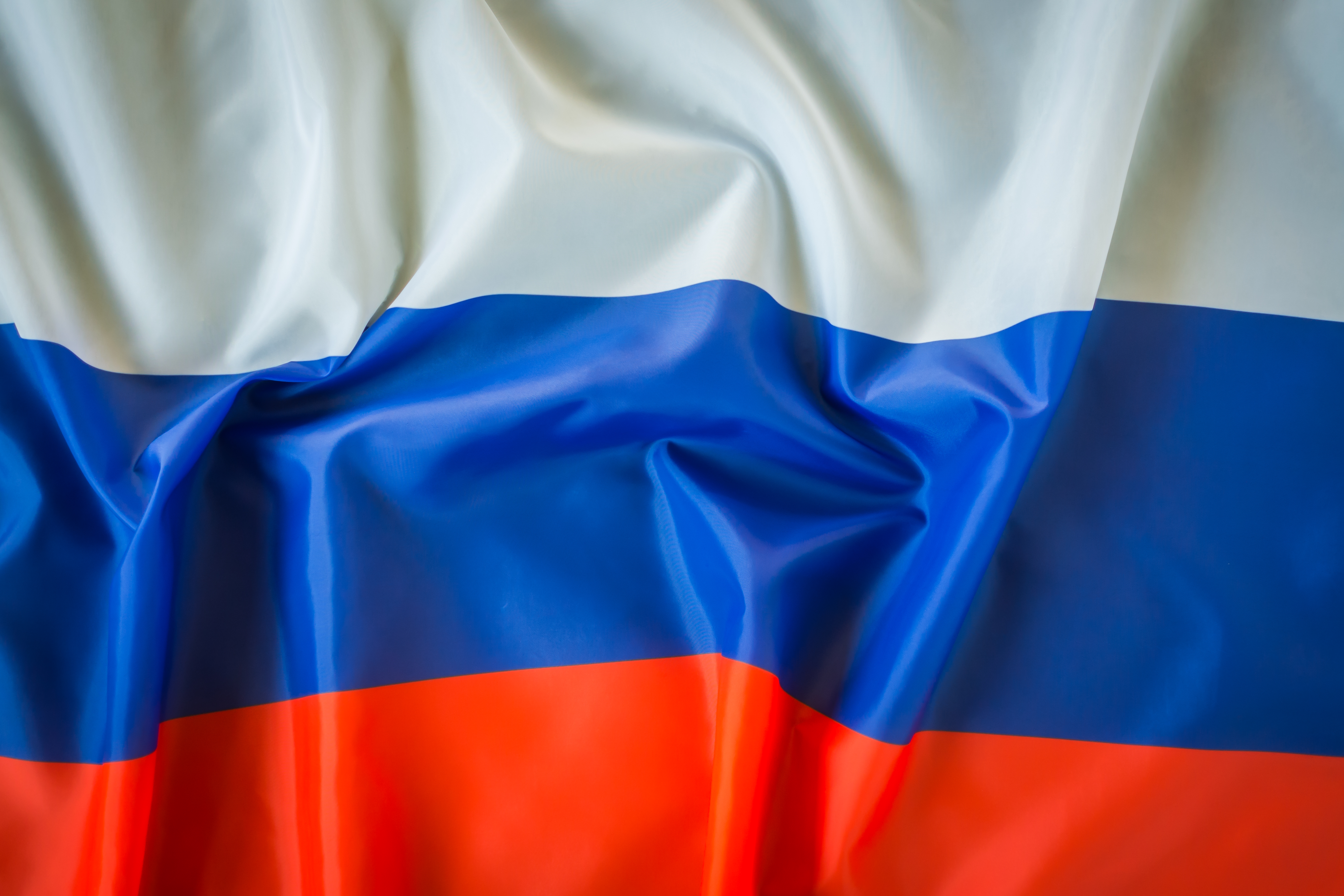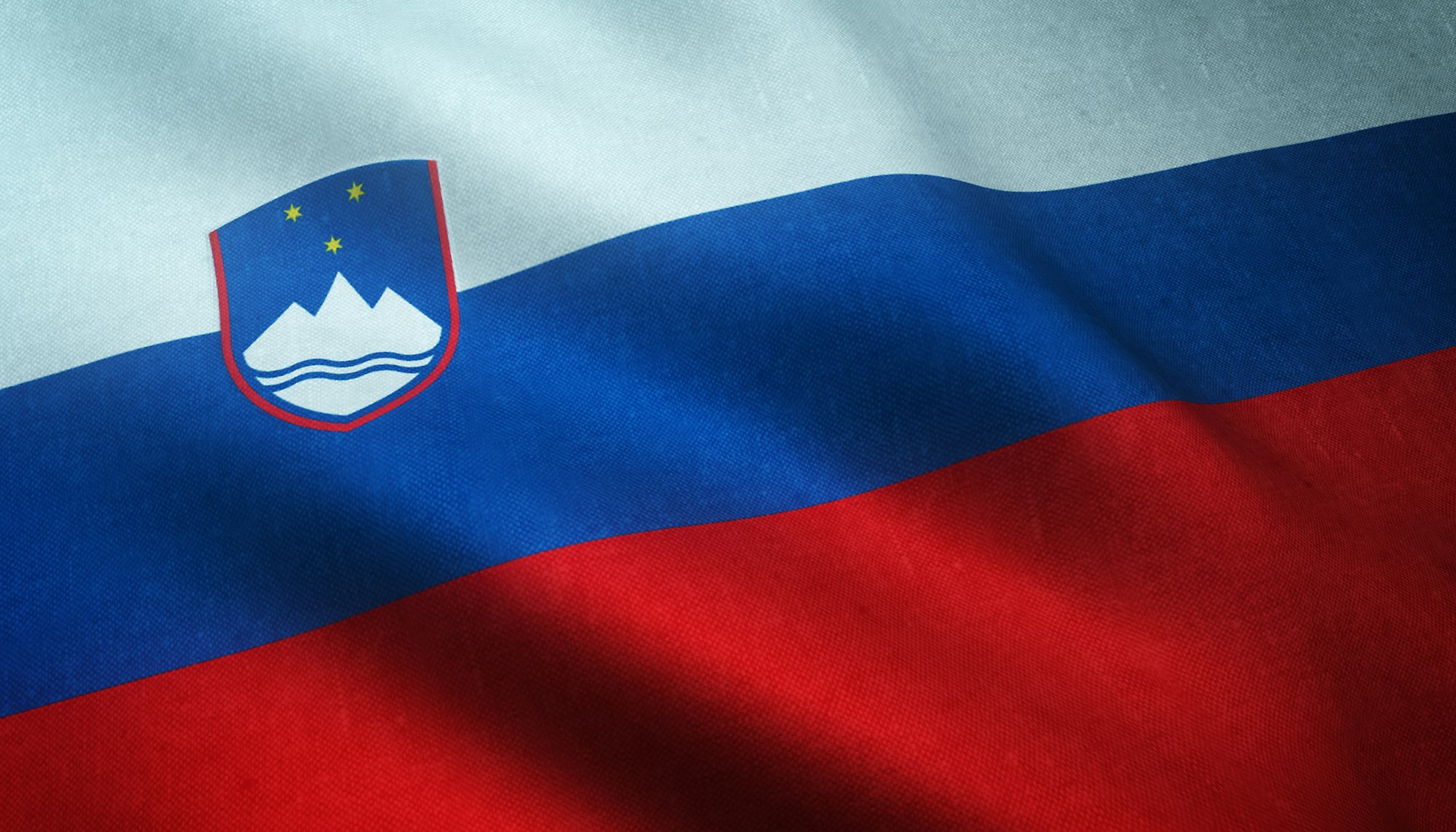Australia’s online safety regulator has notified Roblox of plans to directly test how the platform has implemented a set of child safety commitments agreed last year, amid growing concerns over online grooming and sexual exploitation.
In September last year, Roblox made nine commitments following months of engagement with eSafety, aimed at supporting compliance with obligations under the Online Safety Act and strengthening protections for children in Australia.
Measures included making under-16s’ accounts private by default, restricting contact between adults and minors without parental consent, disabling chat features until age estimation is complete, and extending parental controls and voice chat restrictions for younger users.
Roblox told eSafety at the end of 2025 that it had delivered all agreed commitments, after which the regulator continued monitoring implementation. eSafety Commissioner Julie Inman Grant said serious concerns remain over reports of child exploitation and harmful material on the platform.
Direct testing will now examine how the measures work in practice, with support from the Australian Government. Enforcement action may follow, including penalties of up to $49.5 million, alongside checks against new age-restricted content rules from 9 March.
Would you like to learn more about AI, tech, and digital diplomacy? If so, ask our Diplo chatbot!










